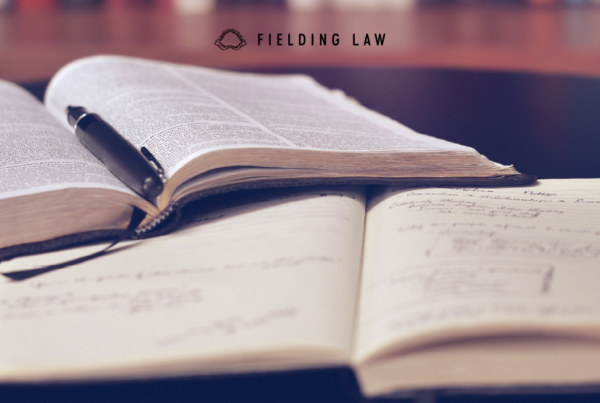Passenger safety is paramount for a smooth and secure journey on the road. Here are some bad passenger habits that need to stop for their safety and the safety of others:
1. Not Wearing Seatbelts
- Seatbelts are your best defense in case of a sudden stop or collision. Unbuckling to grab items in the back seat or while the vehicle is in motion can lead to serious injuries.
2. Putting Feet on the Dash or Out the Window
- Putting your feet on the dashboard is extremely dangerous. In a crash, the airbag can cause serious injuries to your legs, knees, and even face. Similarly, sticking feet out the window poses risks of debris and accidents.
3. Creating a Distraction
- Avoid distracting the driver. Engage in conversation or activities that do not divert the driver’s attention from the road.
4. Loose Items in the Car
- Loose items that can roll under the driver’s feet pose a risk of pedal interference, leading to loss of control and accidents.
Why These Habits Are Unsafe
These bad passenger habits are unsafe because they increase the risk of injury or accidents in the event of a crash or sudden maneuver. Not wearing seatbelts exposes passengers to the risk of ejection or severe impact within the vehicle. Putting feet on the dashboard or out the window can lead to serious injuries from airbag deployment or external hazards. Distractions and loose items in the car can impair the driver’s ability to focus and respond quickly to changing road conditions, increasing the likelihood of accidents.
Why Hire Fielding Law?
At Fielding Law, we prioritize passenger safety. Our caring and capable team is dedicated to ensuring that everyone on the road is protected. We provide legal expertise and support for personal injury cases, including those arising from car accidents. If you or a loved one has been injured due to a car accident, contact us at 833.88.SHARK for a free consultation. Your safety and well-being are our top priorities.
Note: Information provided is for educational purposes and does not constitute legal advice. Always consult with a qualified attorney for legal concerns.





